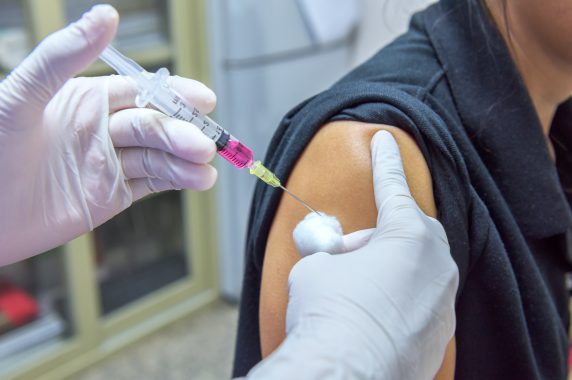New electronic flu vaccination service helps GPs identify at-risk groups

A new service which sends flu vaccination information electronically from pharmacies to GP practices has been found to save GP time and help identify at-risk groups of patients.
More than 30,000 electronic messages carrying flu vaccine information have been sent during this winter’s flu season so far by two NHS Digital system suppliers.
A successful pilot of the initiative took place in Leeds in October involving 113 community pharmacies using PharmOutcomes and 83 GP practices using SystmOne, before expanding across England over the following two months.
NHS Digital said that other suppliers will start their roll out later this year, following similar pilot schemes.
The service prevents patients who have already had a flu vaccine from being contacted unnecessarily and could be used to identify those in at-risk groups who have not had their vaccine.
Vishen Ramkisson, a GP and senior clinical lead at NHS Digital, said: ‘This is a valuable enhancement which helps ensure the information in patients’ medical records is comprehensive and up to date.
‘Services which make it easier for health professionals to share critical information, such as about whether a vaccination has been given, enable them to provide the best care possible to patients.’
Professor Maureen Baker, chair of the Professional Record Standards Body – which collaborated on the project – said: ‘The Leeds pilot is an early example of the benefits of digital information sharing between GPs and pharmacies that our standards help to deliver.
‘For GPs, getting up to date information about patient’s pharmacy treatments is key to their ongoing care. And sharing the information digitally saves GPs’ precious time, while making care better and safer.’
It comes as Public Health England urged GPs and pharmacies in January to continue to vaccinate as many people as possible against flu amid low uptake.
Pulse July survey
Take our July 2025 survey to potentially win £1.000 worth of tokens

Visit Pulse Reference for details on 140 symptoms, including easily searchable symptoms and categories, offering you a free platform to check symptoms and receive potential diagnoses during consultations.











